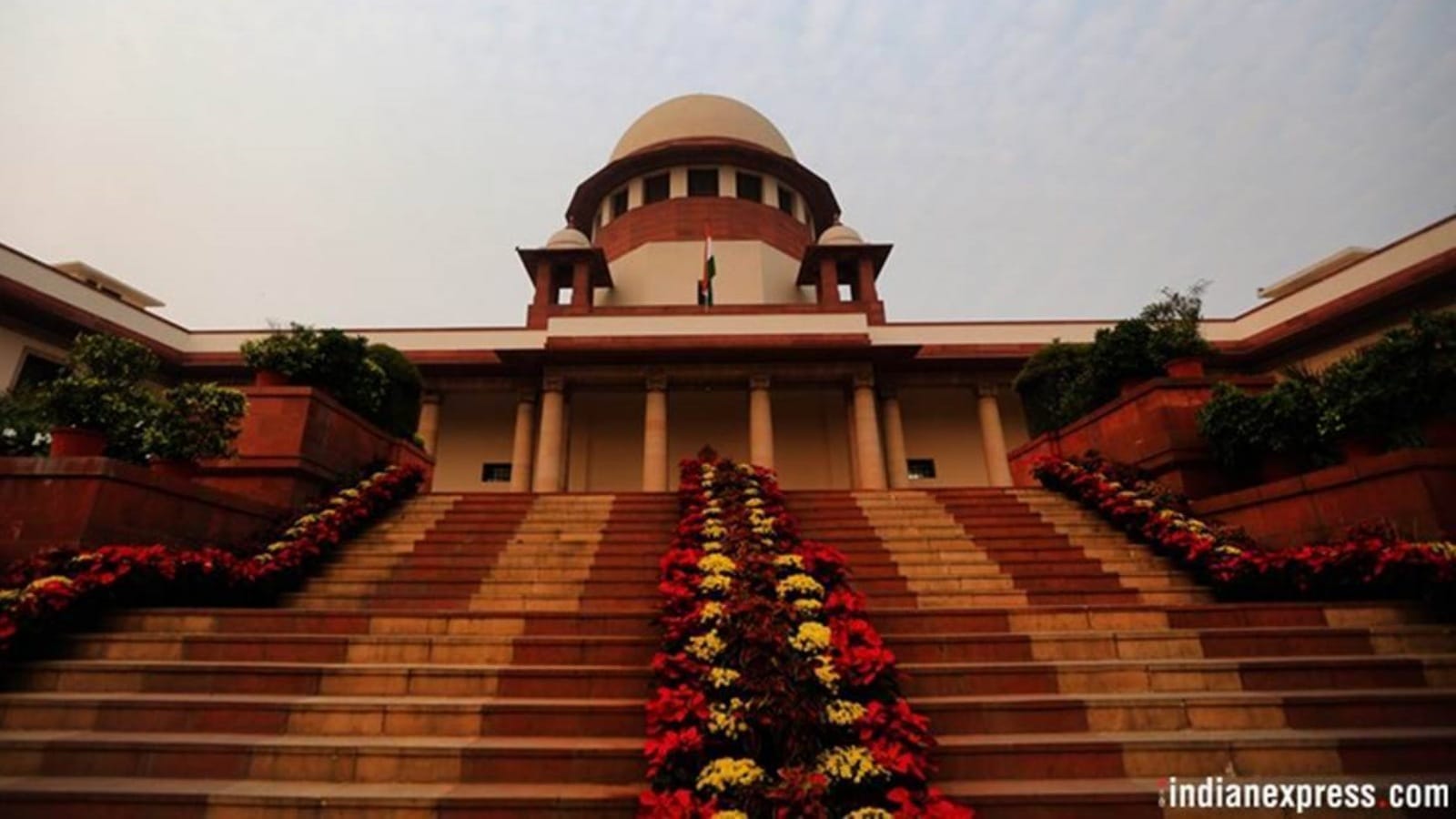 |
|
The recent suicide of a techie in Bengaluru has ignited a fervent national debate surrounding the application and potential misuse of India's dowry prohibition laws. This tragic event has served as the catalyst for a public interest litigation (PIL) filed in the Supreme Court, seeking a comprehensive review and, ultimately, reform of the existing legal framework concerning dowry and domestic violence. The PIL, filed by advocate Vishal Tiwari, argues that while the Dowry Prohibition Act and Section 498A of the Indian Penal Code (IPC) were enacted with the noble intention of shielding married women from dowry demands and related harassment, their implementation has been fraught with challenges. The petitioner contends that these laws are frequently weaponized to settle unrelated disputes and exert undue pressure within marital relationships, often unfairly targeting husbands and their families. This misuse, the PIL argues, not only undermines the original intent of the legislation but also contributes to significant societal and personal distress, as tragically illustrated by the techie's suicide. The case highlights the complex interplay between legal frameworks, societal norms, and individual tragedies, underscoring the urgent need for a nuanced examination of the existing laws and their impact on the lives of individuals within marital relationships. The petitioner's concern is not to abolish the laws protecting women from dowry harassment, but rather to refine them, ensuring they are used justly and preventing their misuse for purposes outside their intended scope. This calls for a critical reassessment of the processes involved in filing and investigating such cases, aiming to establish a more equitable and effective mechanism for addressing genuine instances of dowry-related abuse while simultaneously preventing the unjust persecution of innocent individuals.
The core argument of the PIL rests on the observation that the current legal framework allows for the potential exploitation of Section 498A of the IPC, which criminalizes cruelty by a husband or his relatives towards his wife. This section, while designed to protect women from abuse, can be misused to lodge false accusations, leading to unwarranted arrests and prolonged legal battles. The petitioner argues that this misuse disproportionately impacts men and their families, causing significant emotional, financial, and social damage. The high number of false cases, the PIL suggests, undermines the credibility of genuine claims of domestic violence and dowry harassment. Furthermore, the lack of robust mechanisms to filter out false complaints exacerbates the problem. This leads to a situation where the legal system, intended to offer justice and protection, becomes a tool for harassment and personal vendetta, ultimately eroding public trust in the efficacy of the legal process. The resulting societal impact is far-reaching, fostering an environment of fear and suspicion within families and communities, and undermining the harmonious functioning of marital relationships. The petition thus calls for a meticulous review of Section 498A and the overall dowry prohibition legislation, proposing amendments that would strengthen protections for genuine victims while simultaneously enhancing safeguards against false accusations and misuse.
The Supreme Court’s response to this PIL will have significant implications for the legal landscape in India. A thorough examination of the existing laws will undoubtedly require a multi-faceted approach, involving consultations with legal experts, sociologists, and representatives of various affected groups. The court might consider introducing stricter procedures for filing complaints under Section 498A, including a more rigorous vetting process to minimize false accusations. This could involve pre-filing investigations, stricter evidentiary standards, and enhanced mechanisms for accountability in cases where complaints are found to be baseless. Furthermore, the court may explore the implementation of stricter penalties for those who file false cases. This would act as a deterrent, discouraging the misuse of the law for personal gain or malicious intent. Beyond procedural reforms, the court might also consider exploring alternative dispute resolution mechanisms to resolve marital conflicts outside the criminal justice system. Mediation and counseling services, for example, could offer a more constructive approach to resolving disputes, promoting reconciliation and preventing the escalation of conflicts into protracted legal battles. The ultimate goal should be to create a legal framework that effectively protects women from genuine instances of dowry-related abuse and domestic violence while simultaneously preventing the unjust use of the law against innocent individuals. The techie’s suicide serves as a stark reminder of the urgent need for such reform, and the Supreme Court's decision holds significant weight in shaping the future direction of these crucial laws and their effective implementation.
Source: After Bengaluru techie’s suicide, PIL in SC seeks review of dowry law
